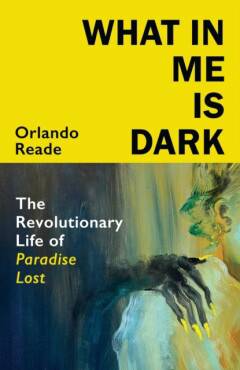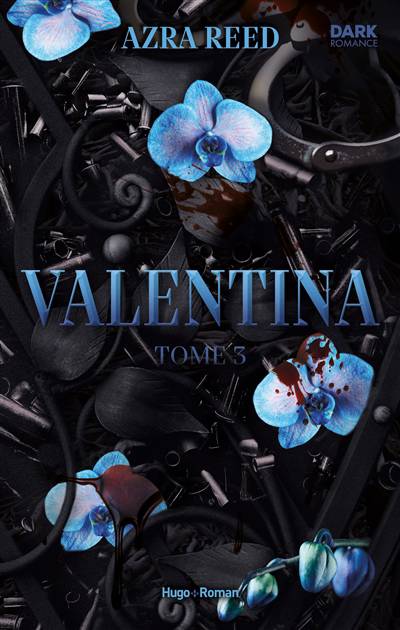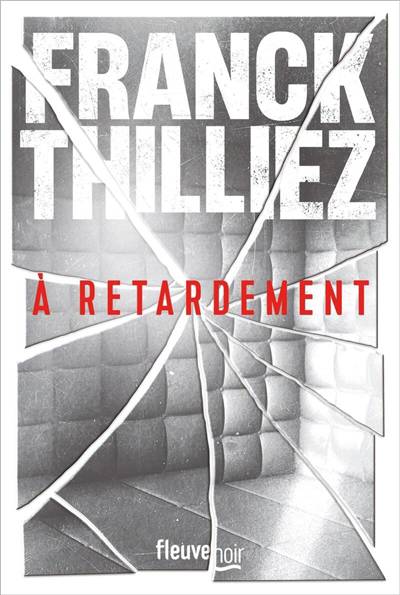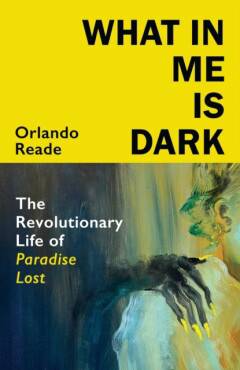
- Retrait gratuit dans votre magasin Club
- 7.000.000 titres dans notre catalogue
- Payer en toute sécurité
- Toujours un magasin près de chez vous
- Retrait gratuit dans votre magasin Club
- 7.000.0000 titres dans notre catalogue
- Payer en toute sécurité
- Toujours un magasin près de chez vous
23,95 €
+ 47 points
Format
Description
Paradise Lost might be the most influential poem written in English. For three and half centuries, readers across the world - especially those seeking revolutions in their own time - have found inspiration in its visions of freedom. In return, they have given Milton's epic new life.
Drawing on his own experiences of teaching literature in prisons, Orlando Reade focuses on twelve unexpected readers - from Malcolm X to Virginia Woolf, Hannah Arendt to Thomas Jefferson - whose lives and works have shaped our world. He shows the many different, surprising and often contradictory ways in which Milton's poem has been read across centuries and continents.
Boldly original, lively and far-reaching, What in Me Is Dark is the story of how a work of literature born in the ashes of a failed revolution became an indelible part of the modern imagination. Reade guides us through the epic, exploring how Milton came to write its dark and dazzling poetry, and offering a new account of its radical, ever-evolving legacy.
Reviews:
'If we ever needed a lesson about the challenges of freedom it is now. Orlando Reade's passionate and illuminating account of the afterlives of Paradise Lost is an urgent reminder that freedom - in all senses - is poetry: there to be loved, resisted, re-worked and made to sing again for each new generation.' - Lyndsey Stonebridge, author of We Are Free to Change the World
'Orlando Reade's immensely readable history of the reception of Paradise Lost shows how Milton's great poem vaults across the centuries to meet new readers, its radicalism undimmed.' - Adam Smyth, author of The Book-Makers
'Wonderfully written, intelligent and moving... Reade reminds us that literature is action, that epic poetry has the power to liberate minds, pens, and voices. Behind every revolution is a song. As it turns out, so often that song has been Paradise Lost.' - Leah Redmond Chang, author of Young Queens
'Orlando Reade writes with exhilarating style, luminous clarity, and irreverent wit. Each page of What in Me Is Dark is aflame with ideas - on the relation between politics and evil, abolition and poetry-and with the sublimity of Milton's verse, deftly brought alive. Earth may be hell, but fallen angels, as Reade shows, have been our unexpected guides toward freedom and justice.' - Anna Della Subin, author of Accidental Gods
'This is a rare and extraordinary book. In tracing the surprising revolutionary legacy of Milton's epic, Reade has himself produced a liberatory text. This is not only a book for Milton scholars, but anyone invested in the poetics of freedom struggle.' - Natasha Lennard, author of Being Numerous
Drawing on his own experiences of teaching literature in prisons, Orlando Reade focuses on twelve unexpected readers - from Malcolm X to Virginia Woolf, Hannah Arendt to Thomas Jefferson - whose lives and works have shaped our world. He shows the many different, surprising and often contradictory ways in which Milton's poem has been read across centuries and continents.
Boldly original, lively and far-reaching, What in Me Is Dark is the story of how a work of literature born in the ashes of a failed revolution became an indelible part of the modern imagination. Reade guides us through the epic, exploring how Milton came to write its dark and dazzling poetry, and offering a new account of its radical, ever-evolving legacy.
Reviews:
'If we ever needed a lesson about the challenges of freedom it is now. Orlando Reade's passionate and illuminating account of the afterlives of Paradise Lost is an urgent reminder that freedom - in all senses - is poetry: there to be loved, resisted, re-worked and made to sing again for each new generation.' - Lyndsey Stonebridge, author of We Are Free to Change the World
'Orlando Reade's immensely readable history of the reception of Paradise Lost shows how Milton's great poem vaults across the centuries to meet new readers, its radicalism undimmed.' - Adam Smyth, author of The Book-Makers
'Wonderfully written, intelligent and moving... Reade reminds us that literature is action, that epic poetry has the power to liberate minds, pens, and voices. Behind every revolution is a song. As it turns out, so often that song has been Paradise Lost.' - Leah Redmond Chang, author of Young Queens
'Orlando Reade writes with exhilarating style, luminous clarity, and irreverent wit. Each page of What in Me Is Dark is aflame with ideas - on the relation between politics and evil, abolition and poetry-and with the sublimity of Milton's verse, deftly brought alive. Earth may be hell, but fallen angels, as Reade shows, have been our unexpected guides toward freedom and justice.' - Anna Della Subin, author of Accidental Gods
'This is a rare and extraordinary book. In tracing the surprising revolutionary legacy of Milton's epic, Reade has himself produced a liberatory text. This is not only a book for Milton scholars, but anyone invested in the poetics of freedom struggle.' - Natasha Lennard, author of Being Numerous
Spécifications
Parties prenantes
- Auteur(s) :
- Editeur:
Contenu
- Nombre de pages :
- 272
- Langue:
- Anglais
Caractéristiques
- EAN:
- 9781787334885
- Date de parution :
- 14-11-24
- Format:
- Livre broché
- Dimensions :
- 233 mm x 152 mm
- Poids :
- 338 g

Les avis
Nous publions uniquement les avis qui respectent les conditions requises. Consultez nos conditions pour les avis.






